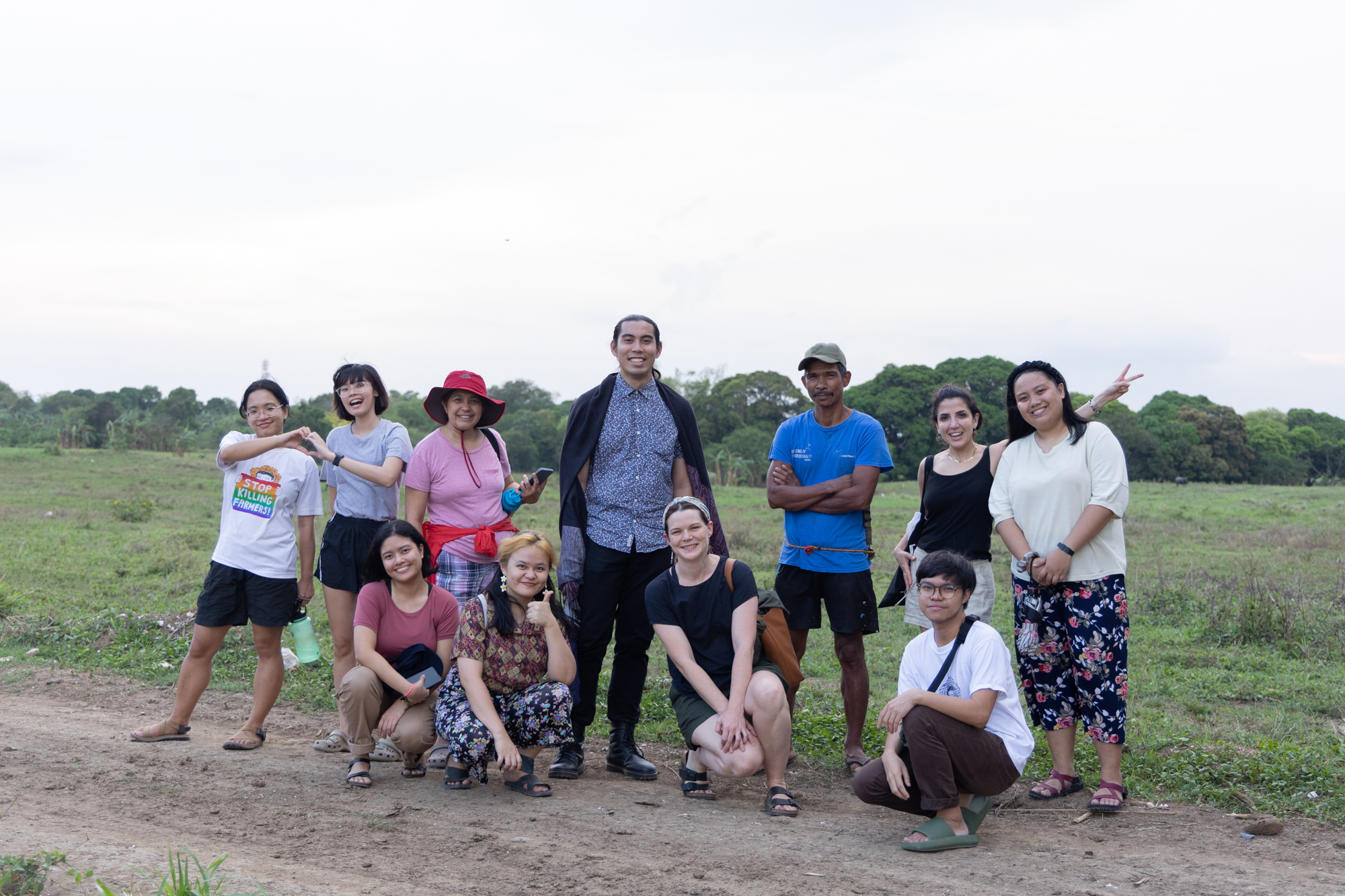Two recent collaborations between CESR and our allies in Thailand and the Philippines are bringing Decoding Injustice to organizations keen on exploring the impacts of economic policies.
In Thailand, we worked with APWLD and regional partners on a learning exchange focused on finding synergies and strengths between Feminist Participatory Action Research (FPAR) and Decoding Injustice (DI), aimed at co-designing a Women’s Human Rights Impact Assessment (WHRIA) tool that combined the strengths of both approaches. Bringing together DI’s strength in mapping global trends and root-causes of inequality and FPAR’s ability to center research on feminist community level mobilization, a Women’s Human Rights Impact Assessment is aimed to be a practical tool for research and advocacy to be piloted during APWLD members’ in community level work.
In the Philippines, we worked with IBON, the Philippine Peasants Movement (KMP), the People’s Coalition for Food Sovereignty (PCFS) and others on a learning exchange to find synergies and combine strengths of CESR’s Decoding Injustice and IBON’s People Research approaches. The learning exchange preceded a research design workshop for a joint project/collaboration where we support Peasants Movement’s struggle against neoliberal agrarian reforms pushed on the Philippine by the IMF and implemented through a World Bank project.

Both workshops, conducted in May this year, focused on combining both community-lead research methods and human rights approach to mapping struggles, doing research inspiring action, and using action back for community and movement mobilization, strategy and planning.
Want to know more about Decoding Injustice? Click here.